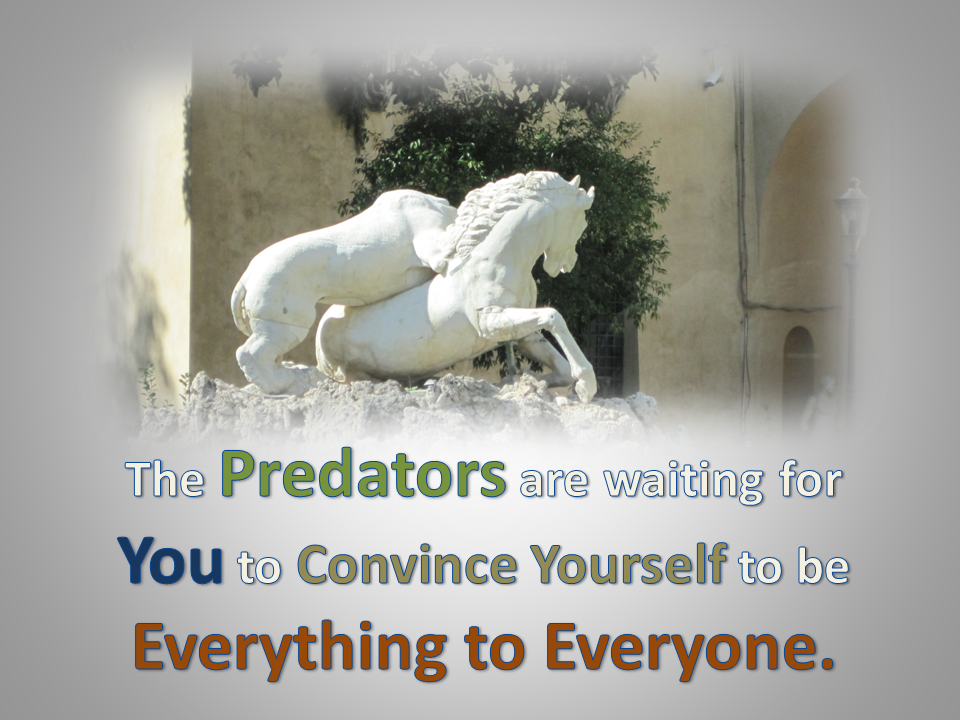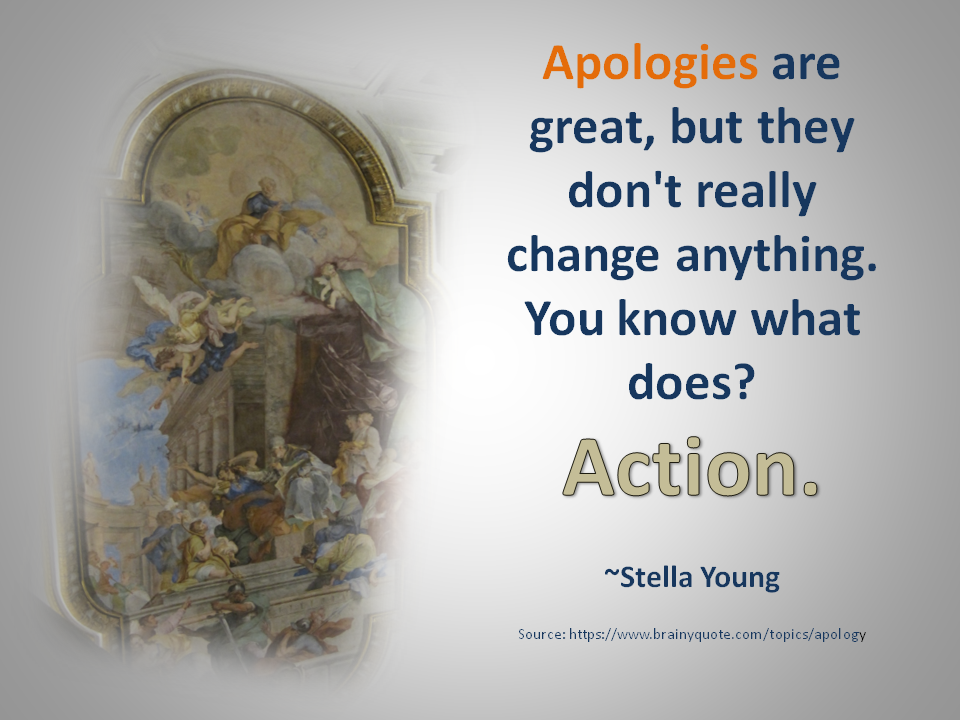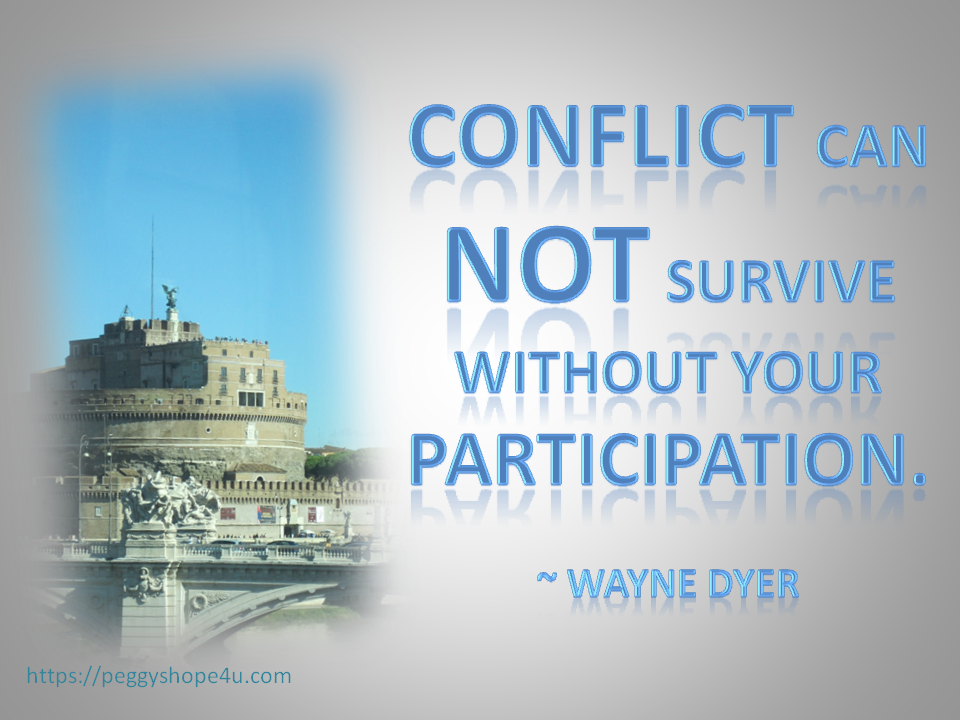A People Pleaser is one of the most helpful people you know.
They never say “no.”

It’s hard to describe the exact moment your brain decides you need to become a People Pleaser.
For me, it probably started during those years of childhood abuse. If I could be really, really good and helpful, perhaps the abuse would stop.
Have you ever found yourself in that position?
It’s simply easier to inconvenience yourself than it is to risk losing a relationship by saying “No,” even when you know you don’t have the time to help.
I remember far too many nights when I dropped in bed from exhaustion at 2 A.M. because I still needed to finish my daily tasks on top of doing something for someone else.
Do we benefit from being a ‘People Pleaser?’
Or, are we simply the conduit others use to get off the hook?
People Pleasers Generally Have Low Self-Esteem
I have to admit to this one. The thing is, I’ve learned to be incredibly strong since the horrors of my childhood, but I still feel tainted. Growing up, I always felt that everyone else was better than I was.
There was this overpowering desire to have people like me, and that made it incredibly difficult to say “No” to anyone who wanted help. It doesn’t take long for this behavior to become your standard. Being a People Pleaser will make people like you…won’t it?
We forget how easy it is for people to take advantage of our ‘I don’t want to hurt anyone’s feelings’ attitude.
Trust me! Being selfish once in a while is perfectly normal.
So, what are some of the signs that you may be a People Pleaser?
1. You Find Yourself Apologizing All The Time
I’m definitely guilty of this one.
My husband constantly reminds me, “You didn’t do anything!”
I’m sorry when his shoelace breaks or the garbage bag breaks from the weight.
The poor guy hears the words, “I’m sorry,” countless times each day. I said it constantly as a kid and I can’t seem to quit.
Unfortunately, the fear of denial never seems to go away.
Every time something drops or someone gets upset I implode and want to make certain I’m not being blamed for whatever just went wrong. I’m getting better, but I hate the underlying fear behind the words, “I’m sorry!”
If you’re like me, it’s time to stop blaming yourself for everything. YOU are not the problem! Neither am I. We don’t have to strive to be a ‘People Pleaser’ any longer.

2. It’s Not Your Job To Make Everyone Happy
Why do we feel so responsible for everyone else’s happiness?
Isn’t that their job, with the help of their faith
It’s really hard to watch someone you love struggling, but that’s part of life.
By jumping in and always trying to “fix” everything, you cripple your loved one’s ability to learn from their mistakes.
Each of us has power over our emotions, but not over the emotions of others.
You can lend a compassionate ear or offer suggestions, but you can’t control their emotions or fix their lives.
Quit blaming yourself for the cause and effect of the emotions of others. You don’t need to be a People Pleaser any longer.
3. It’s Impossible To Say “NO”
You know the game. Everyone who needs anything done will stop at your desk first.
Why?
Because it’s so simple! They know you can’t say “No.” It allows them to pass-the-buck and return to the things they find more important at the moment.
It’s time you speak up and let people know you’re not the “Go-To Guy” for every task that comes up.
The litmus test for this one is simple: If you don’t have enough flex time in the day to work it in, pass it on to someone else.
Your first responsibility is to the commitments you’ve already made.
4. You Avoid Conflict At All Costs

Dyer’s absolutely right about this one.
You probably hate conflict as much as I do.
It takes two people (or more) to create conflict and I find it easier to avoid the issues I know will not reach a resolution.
Simply stated, I’m not a coward. I’ve learned how to pick my fights. When I know I can’t change someone’s mind, there’s no point in continuing.
Isn’t it better to let things settle down instead of continuing an argument?
Or, is this simply another sign that acceptance is more important than winning? It’s what a People Pleaser does.
5. You Always Cover-up Hurt Feelings
I remember traveling as a kid on one of the new turnpikes that connected our country. I loved BLT’s, but hated mayo.
Each time we stopped for lunch, I’d smile sweetly at the waitress and say, “I’d like a BLT, please, but no mayonnaise.
And, each time the sandwich would arrive smothered in mayo.
I remember the smile I pasted on my face when mother instructed the waitress of her mistake.
“It’s Okay, I’m fine.” I kept the smile on. A tear rolled down my cheek as I used my knife to scrape the disgusting condiment off my sandwich. (Today, I love mayo!)
Let me be perfectly clear here. It’s not healthy to cover-up your hurt feelings, especially when they are the result of someone else’s careless behavior.
You have every right to be treated fairly.
6. A People Pleaser Feeds Off Praise
You take any kid like me who suffered abuse, and you will discover a kid who will do anything to achieve praise from an adult.
I worked harder and longer than any other kid to achieve straight ‘A’s.’
Do you find yourself going to great lengths to receive accolades from your co-workers or loved-ones?
It’s a normal position for a People Pleaser to do everything in their power to look good to others. It goes back to an overall feeling of low self-worth and a need for any kind of positive affirmation to simply get through another day.
You don’t need to depend upon the validation of others to improve your need to please. Instead, make it your goal to accomplish those things that will enhance your personal sense of well-being regardless of how others feel.
7. Fitting In Is Critical
Whether it’s in the neighborhood, your congregation, or at the office, it’s critical for you to fit in. You constantly nod in agreement (even when you don’t) and laugh at the jokes.
You consistently review your wardrobe choices so you match the crowd you’re with.
Every day is a challenge in acceptance.
8. It’s impossible To Disagree
This is a tough one.
Think about what might happen to your child if they felt the same way.
All the kids decide to go out drinking and to have a car race while they’re drinking.
Your child knows this is against your rules. Besides, it’s a very dangerous combination.
But, they’ve secretly been watching you for years.
It’s simply not acceptable for you to disagree with anyone, so they keep their mouth shut and go with the gang.
Those are the horrible times when the Sheriff shows up at a parent’s door long after the child was expected home.
It may be ‘cool’ to go along with the crowd, but it can place you and your child in immediate danger.
How do we change?
If you’re tired of constantly feeling anxious and angry, watch for Part II next week.
That is so true Ma’am! I had to work hard to break free of this mold of always putting other people above myself. I never though I had low self esteem, but realized that it had to be a form of one if I felt these people deserved better than I did even from me. It’s not easy to say no, but it’s healthy to say no sometimes ❤️. Thank you so much for sharing 😊.
You are most welcome, Sunesis. It’s a very fine line we walk between a desire to be compassionate and falling into the trap of being the one everyone leans on. I love helping others…I do it all the time. But, I’ve learned that my family’s needs always come first. That has provided the line in the sand that was invisible to me before.